

2018-02-23 09:35:00 Fri ET
trust perseverance resilience empathy compassion passion purpose vision mission life metaphors seamless integration critical success factors personal finance entrepreneur inspiration grit
Warren Buffett releases his annual letter to Berkshire Hathaway shareholders as of February 2018. Buffett discusses Berkshire's core cash ambition, its reinsurance business, the recent increase in corporate net worth, and his succession plan. First, Buffett highlights the importance of *float* for insurance companies like Berkshire Hathaway, i.e. the company collects insurance premiums that have not been paid out as claims. Buffett and Munger can invest the float as these premiums absorb losses gradually throughout the life of each insurance policy. As this reinsurance counterbalances long-tail losses, Berkshire grows its float to extraordinary levels over time.
Second, corporate cash stockpiles surge to $116 billion, so Buffett prefers to keep this cash position for near-term mergers and acquisitions (instead of dividends and share repurchases). However, Buffett considers most recent takeover targets with no sensible purchase prices at the current stage of the real business cycle. Also, Buffett emphasizes the fact that debt-free investors can better take advantage of short-term stock market crashes such as Black Monday in 1987, the Asian financial crisis in 1997, and the global economic recession in 2008.
Berkshire experiences a one-time hefty increase in net worth by $65 billion or 23% due to the Trump tax cuts. The tax credits not only strengthen Berkshire's current fortress balance sheet, but also allow Buffett and Munger to cast a broader net of potential M&A deals.
Third, Buffett declares that Berkshire's next CEO will oversee company operations while the other half of this job will be given to stock-pickers who specialize in asset management. On the latter investment front, the likely successors are Todd Combs and Ted Weschler. The high-skill money managers both have successfully grown their assets under management (AUM) to $25 billion in early-2018.
Under this succession plan, Combs and Weschler will continue to implement the value investment philosophy in the post-Buffett reinsurance business structure.
If any of our AYA Analytica financial health memos (FHM), blog posts, ebooks, newsletters, and notifications etc, or any other form of online content curation, involves potential copyright concerns, please feel free to contact us at service@ayafintech.network so that we can remove relevant content in response to any such request within a reasonable time frame.
2020-05-28 15:37:00 Thursday ET
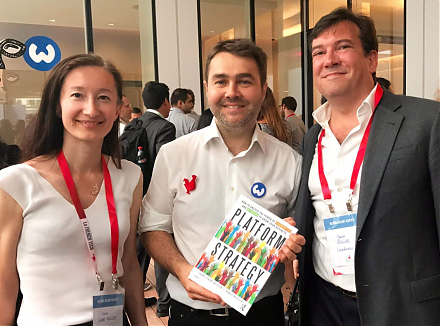
Platform enterprises leverage network effects, scale economies, and information cascades to boost exponential business growth. Laure Reillier and Benoit
2019-09-30 07:33:00 Monday ET
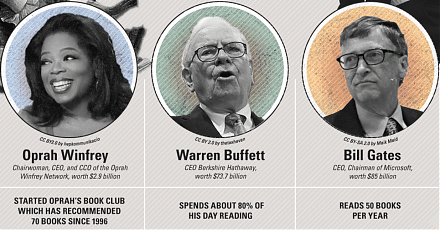
AYA Analytica finbuzz podcast channel on YouTube September 2019 In this podcast, we discuss several topical issues as of September 2019: (1) Former
2019-08-12 07:30:00 Monday ET
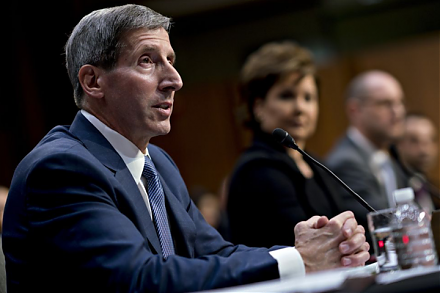
Facebook reaches a $5 billion settlement with the Federal Trade Commission over Cambridge Analytica user privacy violations. The Federal Trade Commission (F
2022-08-30 10:32:00 Tuesday ET
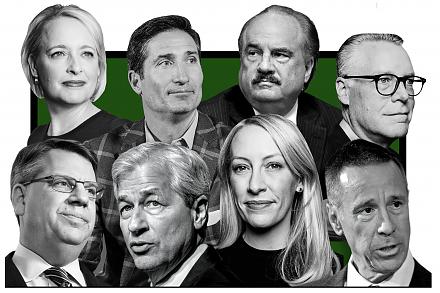
The financial services industry needs fewer banks worldwide. As long as banks have existed in human history, their managers have realized how not all dep
2019-03-19 12:35:00 Tuesday ET
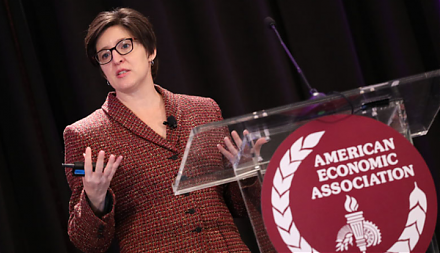
U.S. tech titans increasingly hire PhD economists to help solve business problems. These key tech titans include Facebook, Amazon, Microsoft, Google, Apple,
2019-03-01 13:36:00 Friday ET
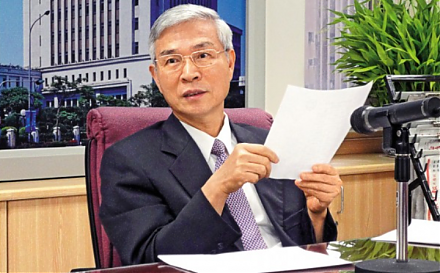
Global economic uncertainty now lurks in a thick layer of mystery. This uncertainty arises from Sino-U.S. trade tension, Brexit fallout, monetary policy nor